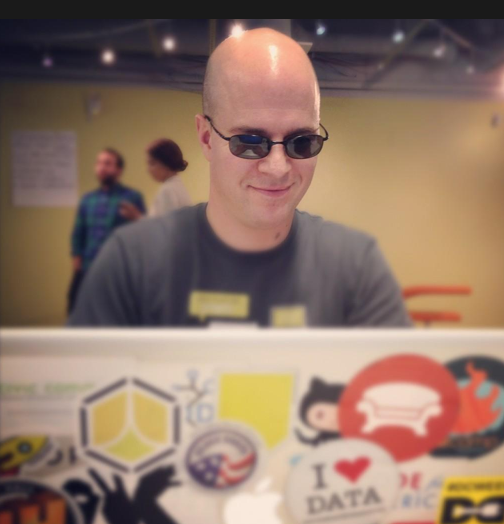In April, Mayor Michael Nutter signed an open data executive order that laid out the city’s goals for becoming more transparent through more data releases. More than half a year later, the city has accomplished many of those goals and is working out the kinks for remaining ones, according to a blog post by Chief Data Officer Mark Headd.
Below, we list the main takeaways from Headd’s post, as well as some more details from a recent conversation with him. Headd told us that he and his team had completed these goals for some time but had yet to make an official announcement. You can find the original deadlines for these tasks here.
- The first version of Philly’s open government plan is done. Read it on GoogleDocs or Github. Cooler yet, Headd wants to hear from you. Write your comments and make suggestions, wrote Headd in his blog post, so the plan can be improved over time.
- OpenDataPhilly is in the works to become the city’s open data portal. Many community members hoped this would be the case, and it looks like it’s happening. Headd wrote that the city is working with the AxisPhilly (formerly the Philadelphia Public Interest Information Network), which has been maintaining OpenDataPhilly since this summer, to formalize the relationship between the two parties. Headd hopes to finish this process in early 2013. Until then, city agencies are being advised to use OpenDataPhilly, Headd said. Read more on Axis Philly’s blog.
- If it becomes the city’s official data portal, OpenDataPhilly will be unique among other city data portals. For one, the city won’t have complete control over the portal (as other cities with open data portals do), since it will be a partnership between the city and PPIIN. Headd said this is in line with the spirit of open data, following the notion that it’s not the city that owns this data — it’s the community. OpenDataPhilly also holds more than just city data, like data from the School District and SEPTA, which are entities that don’t answer to the mayor. This is valuable because most people don’t care about which parts of government from which data is coming, Headd said, they just want the data. (The site is also unique, of course, because it was conceived of and launched by the private technology community)
- The Open Data Working Group, composed of city government representatives, has been formed. This group is working on identifying data sets for release and on coming up with what Headd calls an “instruction manual” for how city departments can “identify, review, release and maintain their data.” There isn’t a “hard and fast” group, Headd said, rather, anyone who’s interested in open data can join. The group includes representatives from agencies that have data like the Health Department, the Water Department and 311, as well as non-city agencies like the Parking Authority, the School District and SEPTA, which, again, is notable because those agencies don’t have to follow the mayor’s executive order since they’re not city agencies.
- The Data Governance Advisory Board, composed of open data leaders around the country, is being finalized. Once this list is finalized, we’ll get you the board member names.
- The City Solicitor — the city’s lawyer — has reviewed these efforts. Headd did not include this one in his post but he did confirm this benchmark for us.







